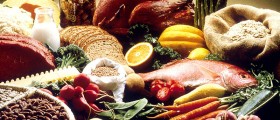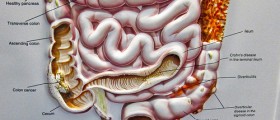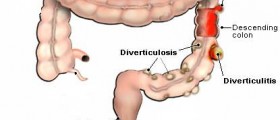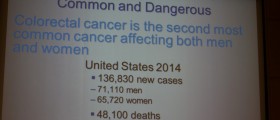
Introduction to ischemic colitis diet
This is a medical condition in which inflammation and injury of the large intestine occur as a result of inadequate blood supply. When the blood flow to a part of the large intestine is reduced, it can lead to areas of colon inflammation and, in some cases, permanent colon damage. Ischemic colitis mainly affects people over 50. Many of them have a history of peripheral vascular disease. Also, this condition may affect any part of the colon, but most patients have reported that they have pain on the left side of the abdomen.
There are certain factors that might increase one’s risk of getting this disease. These include: diabetes, high blood pressure, blockage of the large bowel, irritable bowel syndrome, atrial fibrillation, rheumatoid arthritis, use of medications that cause constipation, etc.
The most common symptoms of this condition include: diarrhea, abdominal pain, blood in the stool, nausea accompanied by vomiting, fever, abdominal tenderness, cramping, etc. One should consult a doctor as soon as they have noticed these symptoms. This is not considered to be a very serious medical condition, and it tends to resolve itself within a couple of days. However, in some cases, it can cause complications such as: perforation in the intestine, sepsis, gangrene, or chronic abdominal pain. It is, therefore, best that a doctor examines the person with these symptoms, and prescribe the best course oftreatment. The treatment options include surgery or medication.
Diet plan
When it comes to ischemic colitis, a healthy diet can be of great assistance in managing the symptoms. With the help of a managed diet, the treatment will be far more effective, and the symptoms will go away more easily. There are a few tips that have been proven useful by many, and these are:
Eating plenty of bananas. Not only are bananas tasty, but they are also easily digestible and full of nutrients such as vitamin C, potassium and dietary fiber.Eating fish. One should include fish in their diet. Fish is a well-known source of protein, and can help boost the immune system.Drinking plenty of water. This advice is essential for everyone, not only for those recovering from ischemic colitis. One should aim for six to eight glasses a day. Plenty of fluids will help prevent constipation.Drinking buttermilk. One glass of buttermilk, rich in calcium, potassium, vitamin B12, etc, should be just what the body needs to fight off this disease.Drinking coconut water. This is an age-old remedy for many digestive disorders.Eating 5-6 smaller meals per day. Instead of three large meals, one should eat 5 or 6 smaller, but nutritious meals. This will help with the digestion.Avoiding caffeine and alcohol. They may irritate the bowels, thus cause the condition to worsen.
















Your thoughts on this
Loading...